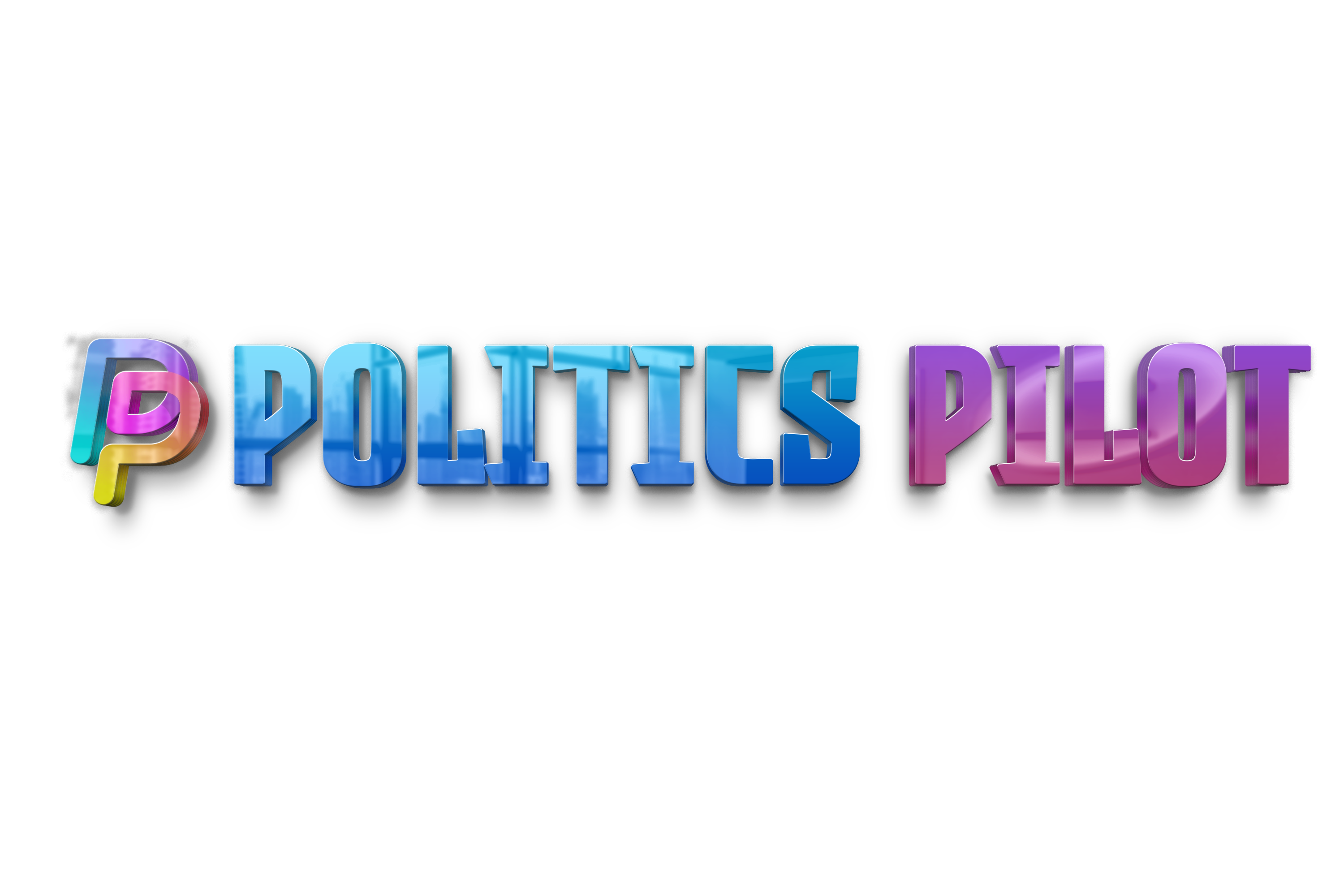Reputation Building
Building a positive political reputation is crucial for politicians and political parties to gain trust, credibility, and support from the public. While reputation-building strategies can vary depending on the specific context and political landscape, here are some common features associated with political reputation building:
Integrity and Ethical Conduct: Demonstrating integrity and ethical conduct is essential for building a positive political reputation. Politicians and parties should maintain transparency, avoid corruption, and adhere to high ethical standards in their actions and decision-making processes.
Consistency and Reliability: Consistency in messaging, policy positions, and actions helps build trust among the public. Politicians and parties should strive to be reliable and predictable in their stances and follow through on their promises.
Effective Communication: Effective communication is key to shaping public perception and reputation. Politicians should develop clear and compelling messaging that resonates with the concerns and aspirations of the electorate. Engaging with the media, utilizing social media platforms, and holding regular town hall meetings can help convey messages directly to the public.
Public Service and Community Engagement: Demonstrating a genuine commitment to public service and engaging with local communities can enhance a politician’s reputation. Volunteering, participating in community events, and addressing local issues can help build a positive image as a dedicated representative.
Competence and Expertise: Demonstrating competence and expertise in specific policy areas can bolster a politician’s reputation. Building a track record of successfully addressing key challenges and displaying a deep understanding of complex issues can enhance credibility.
Responsiveness and Accessibility: Being responsive and accessible to constituents’ concerns and needs is vital. Actively listening to constituents, promptly addressing their issues, and maintaining open lines of communication can foster a positive reputation for being accountable and responsive.
Collaboration and Coalition Building: Building alliances and collaborating with other politicians and organizations can enhance a politician’s reputation. Working effectively with diverse stakeholders to achieve common goals demonstrates leadership skills and the ability to bring people together.
Crisis Management: How politicians handle crises and challenges can significantly impact their reputation. Demonstrating strong leadership, transparency, and effective crisis management skills during difficult times can help maintain or rebuild trust.
Positive Personal Image: Personal image plays a significant role in political reputation building. Cultivating a positive personal image through personal grooming, dressing appropriately, and projecting confidence and authenticity can contribute to a politician’s reputation.
Long-Term Vision and Policy Initiatives: Developing a compelling long-term vision and introducing policy initiatives that address pressing issues can establish a reputation as a forward-thinking and proactive politician.
It’s important to note that building a political reputation takes time, consistency, and effort. The specific strategies and emphasis on certain features may vary based on the political culture, target audience, and the unique challenges faced by politicians or political parties in a particular context.

